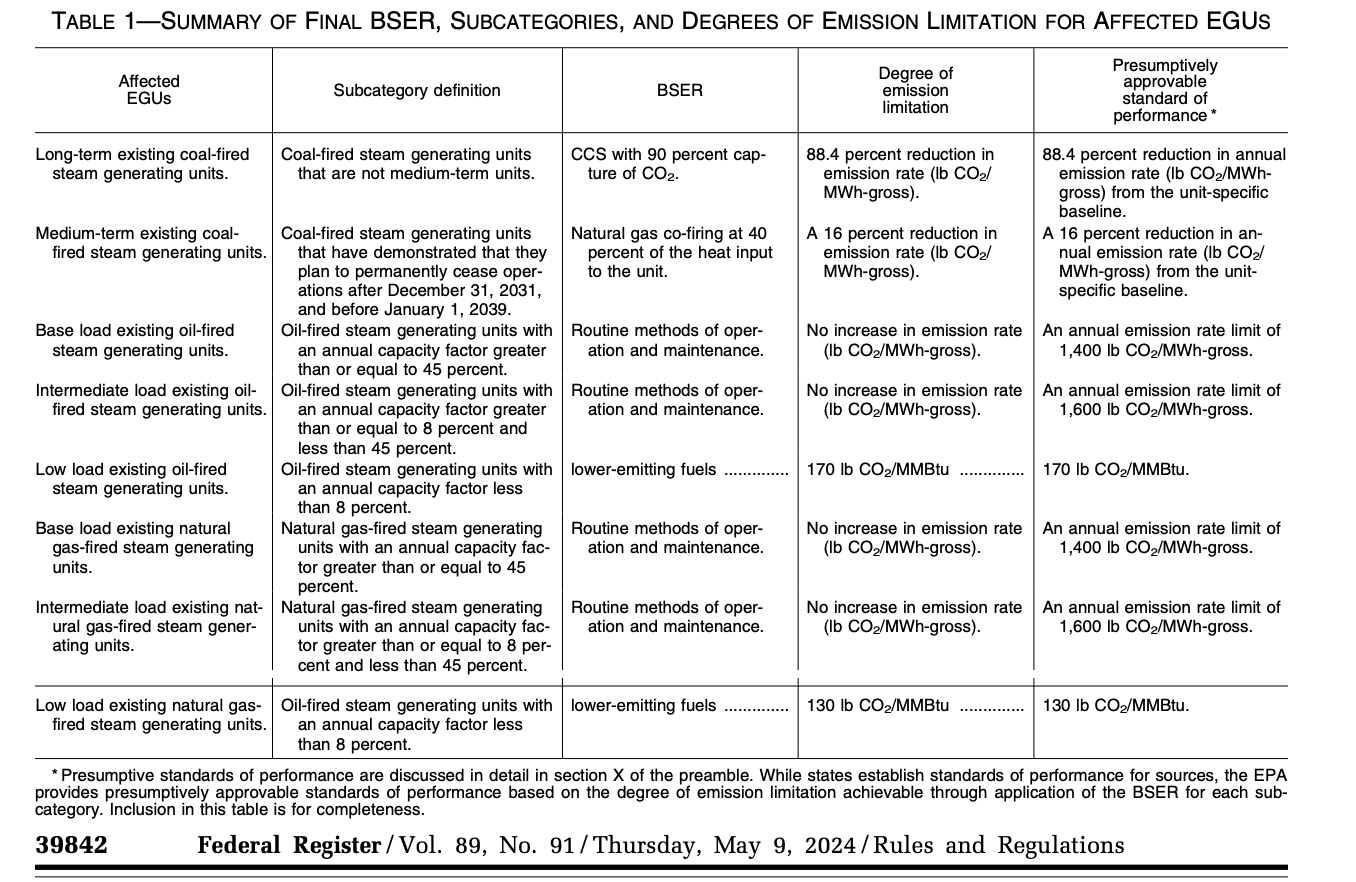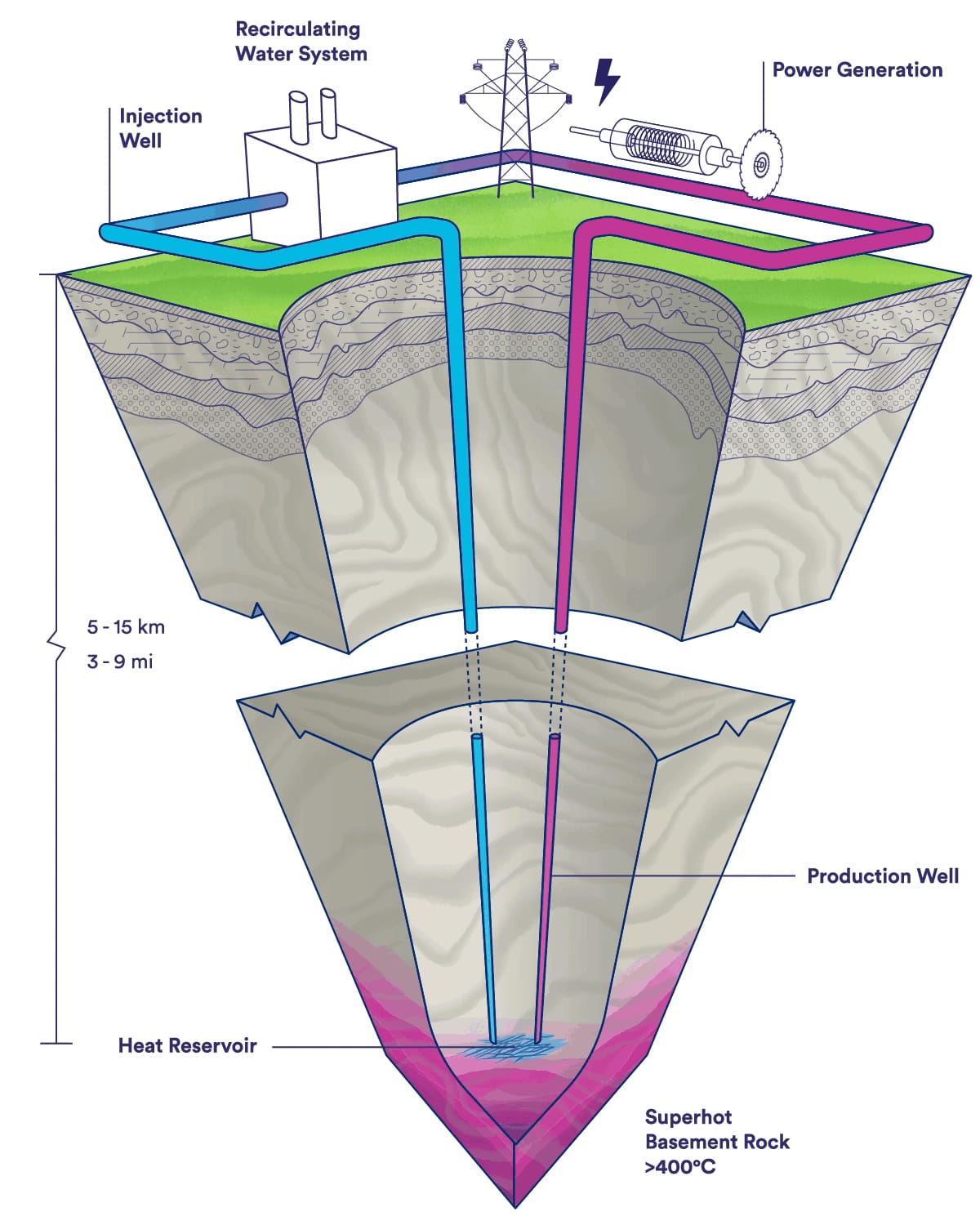Pushing climate policy and clean energy solutions
As we navigate through 2024, a major election year in many parts of the world, climate policy faces an uncertain future. Thankfully, Clean Air Task Force continues to push for sustainable climate policy and solutions worldwide.

Just the gist
Short on time? Here’s what you need to know for this update:
- 🇪🇺 Influencing carbon management strategies in Europe — Clean Air Task Force helped progress the Industrial Carbon Management Strategy, which outlines steps for a climate-neutral European Union.
- 🏭 Shaping pollution standards in the United States — The Environmental Protection Agency rolled out pollution standards including emission-culling suggestions from Clean Air Task Force.
- 🪨 Mapping the potential of superhot rock energy — 1% of the untapped potential from these sources could generate 8× the rest of the world’s energy combined. Clean Air Task Force is taking charge.
As we navigate through 2024, a major election year in many parts of the world, climate policy faces an uncertain future. Thankfully, Clean Air Task Force continues to push for sustainable climate policy and solutions worldwide.
Influencing carbon management strategies in Europe
In February, the European Commission announced its Industrial Carbon Management Strategy, a major victory for climate action. The strategy—which Clean Air Task Force provided extensive feedback for—will enable the development and scale-up of carbon capture, removal, utilization, and storage technologies across the European Union as it strives for climate neutrality by 2050.

Meeting this target requires reducing fossil fuel energy consumption by 80% by 2040, compared with 2021’s consumption rates. Carbon capture is another key lever to reduce and manage emissions in industrial processes.
Clean Air Task Force plans to continue working with the next Commission to keep carbon management a priority, providing expert analysis and recommendations to ensure this strategy translates into tangible action and measurable progress toward reducing industrial emissions.
Shaping pollution standards in the United States
The United States Environmental Protection Agency (EPA) has finalized strong carbon pollution standards for coal-fired and gas-fired power plants. These standards included recommendations submitted by Clean Air Task Force, such as lowering the capacity factor for plants to 40% to cut more than 10 million tonnes of carbon emissions per year.
This is a major step in controlling unregulated power sector emissions. Power plants are the largest source of greenhouse gas pollution in the United States, and these new standards will require best system of emissions reduction (BSER) power plants to meet tight limits based on available pollution control technology:

Clean Air Task Force will hold the EPA to its commitment to address emissions from existing gas-fired sources, which are a significant and growing portion of greenhouse gas emissions.
Mapping the potential of superhot rock energy
Superhot rock energy involves injecting water deep into hot rock and returning it to the Earth’s surface as steam that can be used to produce power. 1% of the world’s superhot rock energy potential could generate 8× more energy than the rest of the world’s electricity put together.

Clean Air Task Force is focused on advancing this cutting-edge energy source from research and development to deployment. This year, they released first-of-its-kind modeling to estimate the potential for superhot rock energy worldwide. They also commissioned five flagship reports from independent experts.
Wren is proud to have supported Clean Air Task Force’s superhot rock energy initiative with the first wave of our Wren Climate Collective non-profit grants.
Even though the political landscape is uncertain, Clean Air Task Force continues to leverage the momentum from recent legislation while pushing for more action, with an enduring commitment to effective climate solutions.
That's all for this update! As always, thank you for your support.
— the Wren team 🧡

